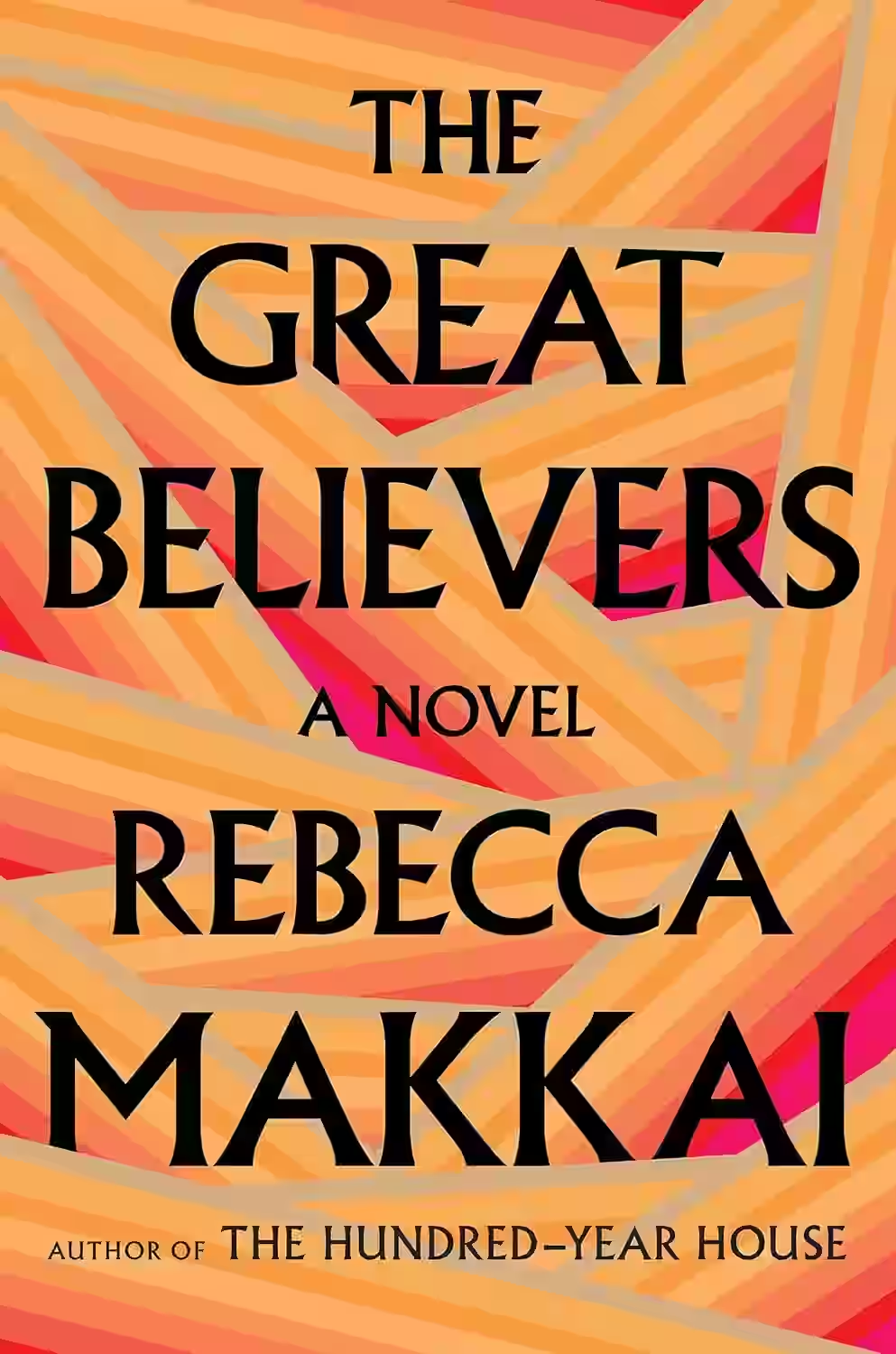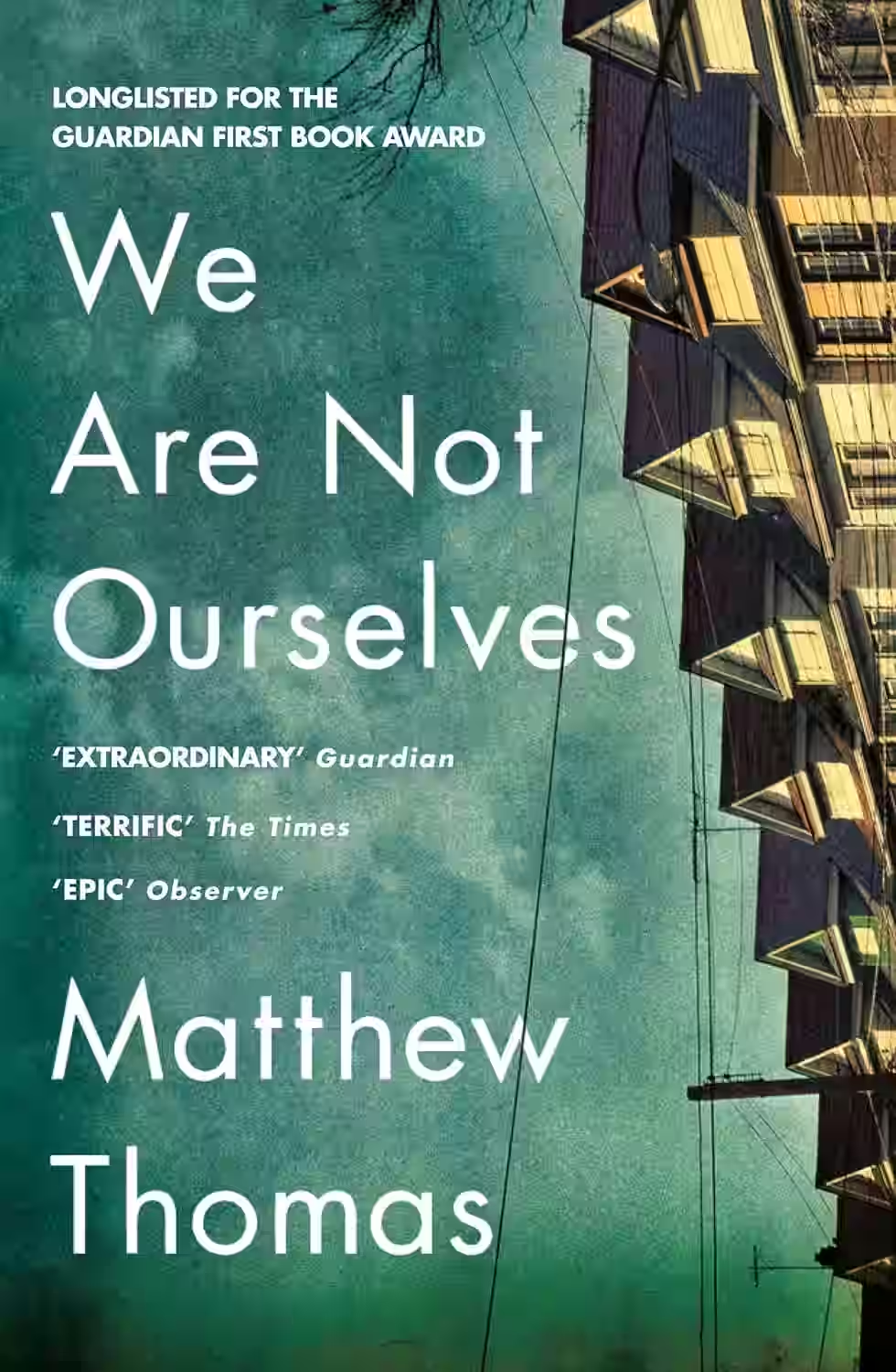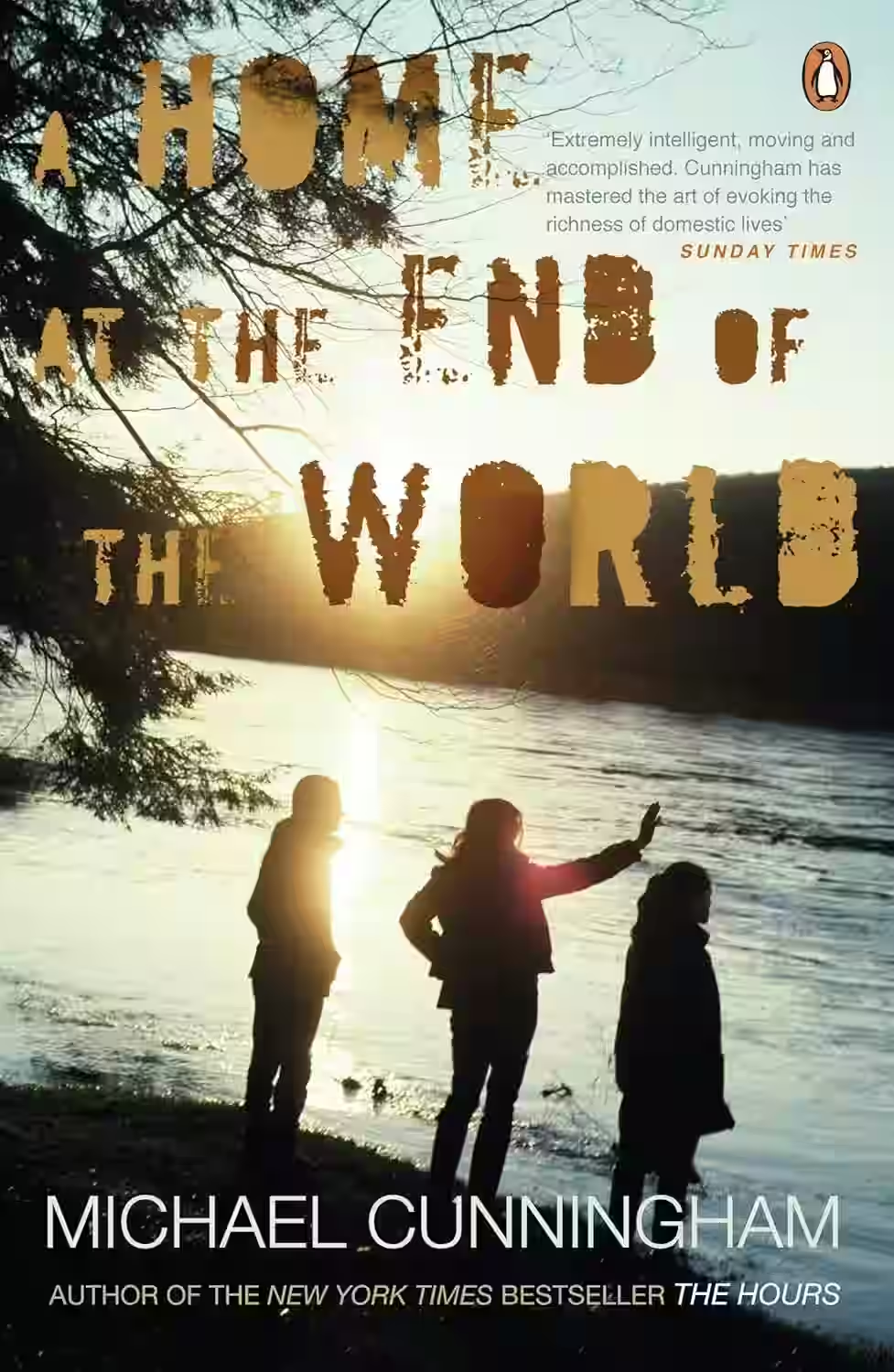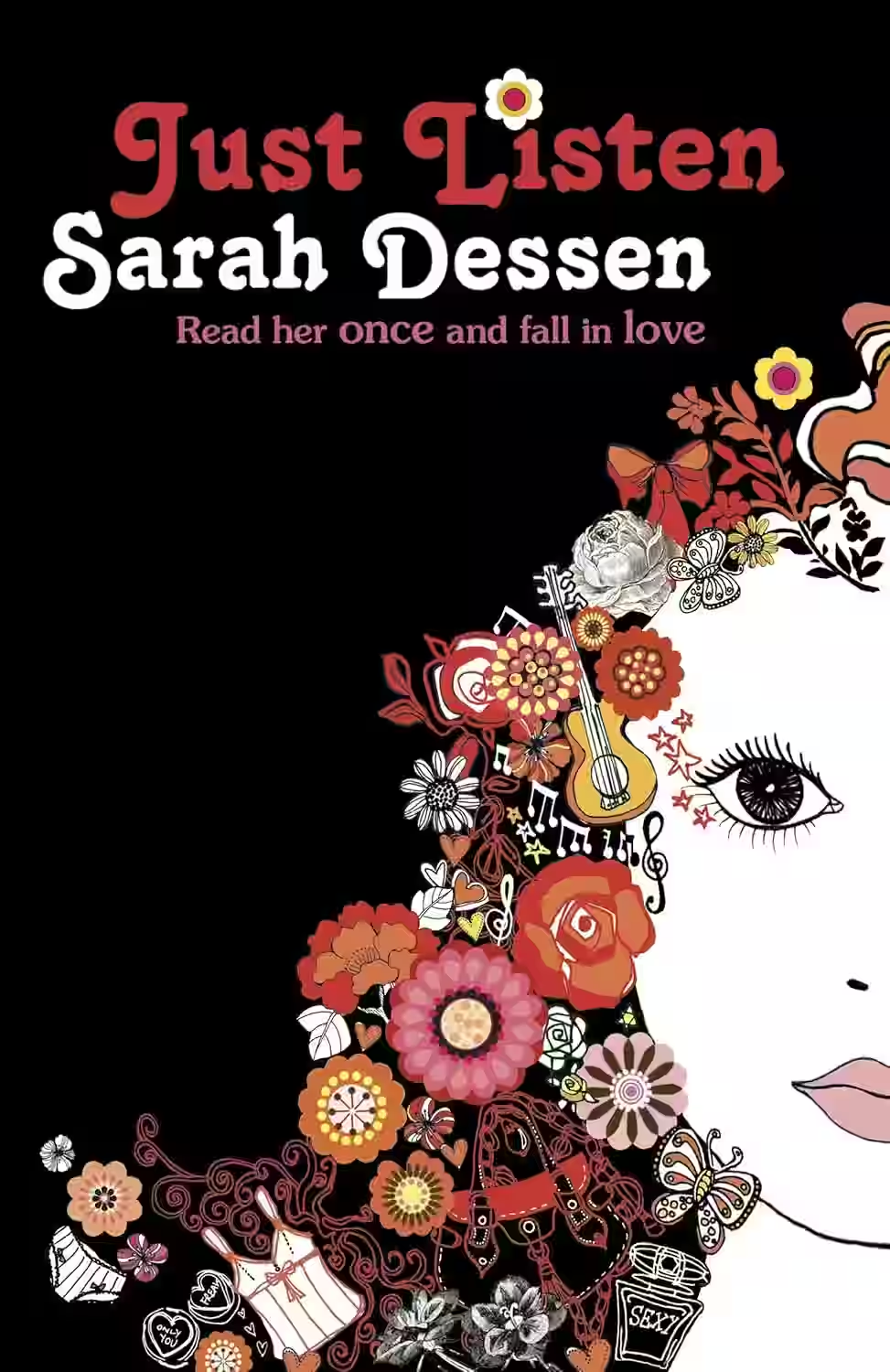
In 'A Little Life' by Hanya Yanagihara, the reader delves into the intricacies of friendship, trauma, and the lasting effects of the past on the present. The story follows four college friends navigating the bustling city of New York, with a central focus on Jude St. Francis, a complex and enigmatic character harboring deep-seated trauma. As their lives intertwine and unfold, the novel explores themes of resilience, love, and the enduring power of human connection. Yanagihara's poignant prose and rich character development invite readers to reflect on the profound impact of childhood experiences on adulthood. 'A Little Life' is a raw, heartbreaking, and ultimately unforgettable exploration of the human spirit.
About Hanya Yanagihara
Hanya Yanagihara is a highly acclaimed author born in Los Angeles, California. She is best known for her novel 'A Little Life,' which gained widespread recognition for its profound exploration of trauma, friendship, and the human experience. Yanagihara's writing style has been described as lyrical and emotionally intense, drawing readers into the intricate lives of her characters. Her work has left a lasting impact on contemporary literature, challenging readers to confront themes of suffering and resilience. Yanagihara's ability to craft complex narratives that resonate deeply with audiences has solidified her reputation as a powerful voice in modern fiction.
Similar Books

The Great Believers
In 'The Great Believers' by Rebecca Makkai, the narrative seamlessly weaves between two timelines - the 1980s at the height of the AIDS epidemic in Chicago and 2015 in Paris. The story follows Yale, a gay man grappling with loss and love during the crisis, and Fiona, a woman searching for her daughter in the present timeline, connected by a shared tragedy. Makkai explores themes of friendship, resilience, and the devastating impact of the epidemic on the LGBTQ+ community with grace and sensitivity. The novel powerfully captures the emotions of grief, hope, and the enduring power of human connection.

We Are Not Ourselves
Matthew Thomas's debut novel, 'We Are Not Ourselves,' intricately captures the essence of the American dream through the life of Eileen Tumulty. Set against the backdrop of post-World War II America, Eileen, the daughter of Irish immigrants, is determined to transcend her working-class upbringing. The narrative spans decades as it follows Eileen’s pursuit of success, love, stability, and ultimately, family. The novel explores themes of ambition, identity, and the relentless pursuit of a better life, while also delving into the personal struggles faced by Eileen and her family, particularly dealing with her husband's devastating illness. Thomas's rich character development and poignant storytelling resonate deeply, reflecting the complexities of human resilience and the impermanence of dreams. With its ambitious sweep and emotional depth, 'We Are Not Ourselves' is both a heartbreaking and insightful exploration of familial bonds and personal endurance.

A Home at the End of the World
Michael Cunningham's "A Home at the End of the World" is a poignant exploration of unconventional families and the search for belonging. The novel follows the intertwined lives of two childhood friends, Bobby and Jonathan, as they navigate love, tragedy, and identity from adolescence into adulthood. Set in the backdrop of the 1960s through the 1980s, the story poignantly depicts how these characters' lives are affected by societal changes, personal struggles, and the AIDS epidemic. Cunningham's lyrical prose and intricate character development invite readers to reflect on the nature of relationships and the idea of home, highlighting the resilience of the human spirit amidst turmoil.

Just Listen
by Sarah Dessen
In Sarah Dessen's 'Just Listen,' we delve into the life of Annabel Green, a girl who seemingly has it all but is silently battling demons beneath her perfect exterior. The novel intricately weaves themes of family dynamics, the importance of communication, and the power of self-acceptance. As Annabel navigates betrayal, friendships, and unexpected connections, readers are drawn into a poignant tale of resilience and growth. Dessen's emotive storytelling and realistic character development make 'Just Listen' a compelling and relatable read for young adults and beyond.